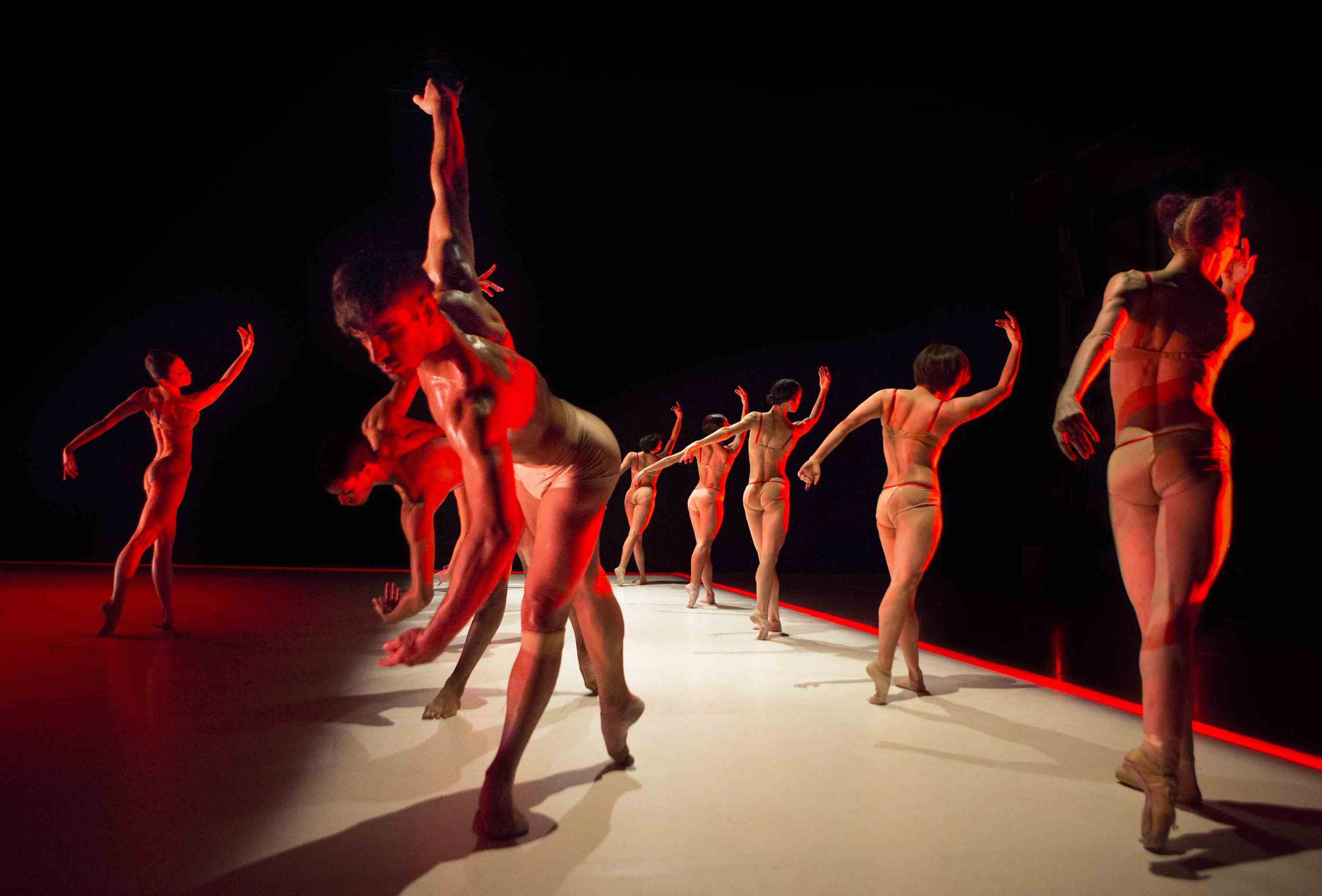I remember when I was still writing dance criticism, I was reviewed a production of "Don Quixote" performed to a recorded score. What a shame, cried the local critic the next morning, that a lack of orchestra made the production fail completely as a result! My review briefly touched on this aspect of the performance as well, lamenting that with a live orchestra and seasoned conductor, the dancers could have breathed more life into the production. What a shame this decision was made probably due to budgetary reasons; what a brighter gem the company would be with increased funding!
While in the past, art criticism's main focus was quality control, the role of the critic must be expanded to reflect the current arts climate. Critics are chosen based on not only their writing skill, but by the fact that they present a point of view that promotes engagement. A good critic must be mindful of educating the public of what to see and how to see it. A good review should promote discussion and persuade the reader to engage in the art, good or bad. A strong criticism should cause the reader to think for themselves.
Ticket sales for dance are lower across all genres this year than the year before. Donations are also lower, and with talks of capping charitable donations, our industry may fail our current professionals, stunt the growth of new artists, audiences, and potential arts leaders alike. Worse yet, our companies are folding because they are not able to financially support the pursuit of their missions.
To all critics: I'm not asking you to be kind. That does no services to our community. However, I ask that you consider your role in the community and the power your words have over the common reader or the new audience member:
- Is educating the less experienced audience member a part of your point of view? Is that important?
- Does your review provide constructive criticism to the production, while making commentary within a larger context?
- Does your review engage the larger community and promote discussion and engagement?
With the rise of social media and blogging, it seems like anyone can have an opinion, which I think is empowering for the audience and a fantastic development for our field. A review today can even be under 140 characters (a personal reference: a recent nod on twitter for the world premiere of "Mechanics of the Dance Machine" from @KnowlandMcQ: "Fiery, ill at ease, intrigued resistance with captivating visually designed predators") The community is small, and we need to all need to strive to continuously reach our audiences while self reflecting on our artistic product in order to strengthen our industry. As a critic, your most important role is not to judge, but to engage in this process and help others form their own opinions. If the production is so terrible it warrants a scathing review that does not promote further inquiry, then the writing has failed as well. On the other side, I know from personal experience how good it feels to see a great work and then rave about what I saw and why I liked it, but the real excitement comes from prompting an interesting discussion about art in a personal context for my readers. In my humble opinion: that is your main assignment!

